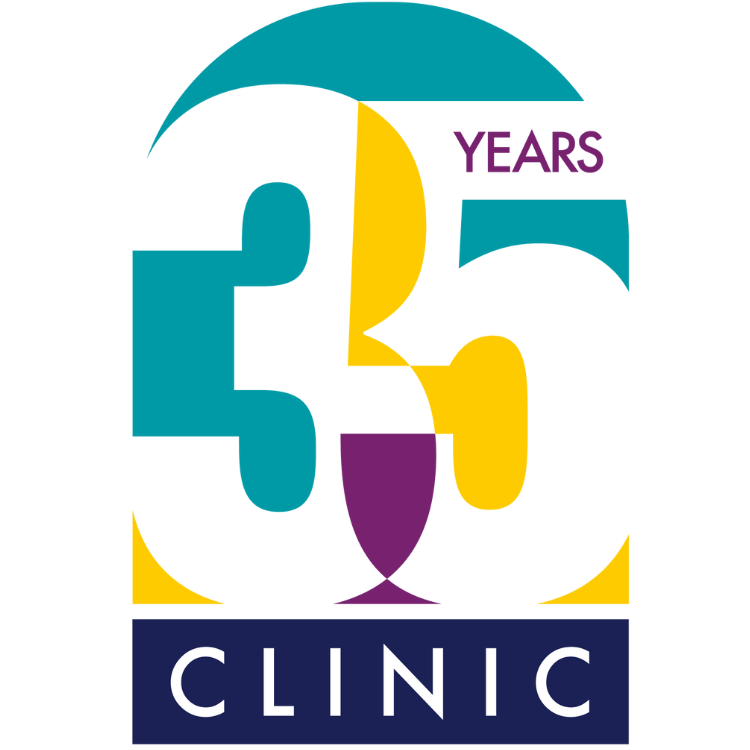Honoring thy father, together!
Last Updated
Father’s Day, like Mother’s Day, is a prominent way families are celebrated in the United States.
Earliest traces date back to Ancient Babylon as early as 4000 years ago, which subtly suggests the historical importance of children and families to honor their fathers. For Catholics, the origins of Father’s Day may lie with the ancient celebrations for Saint Joseph in honor of Joseph Mary’s husband. This designation lifted up Saint Joseph’s commitment, faith and the dedication he held for his family.
Father’s Day celebrations in the United States are thought to have started in Spokane, Washington in 1910. The year before, after hearing a Mother’s Day sermon, Sonora Smart Dodd thought that fathers also deserved a commemoration for their sacrifices. Dodd’s own mother died when she was young, leaving her father as the sole provider for she and her five siblings. She approached the local YMCA’s Ministerial Association and various local officials about creating an official holiday for fathers. In a little more than a year later, the state of Washington celebrated the nation’s first official Father’s Day on June 19, 1910. An executive order signed by President Lyndon B. Johnson took the celebration one step further, designating the third Sunday of June as Father’s Day in 1966; but it was President Richard Nixon that made it a national holiday in 1972.
Father’s Day is observed by dozens of cultures around the world in a variety of traditions, but parishes, especially, can use this time to welcome immigrants into the community. Often described as integration, the business of welcoming is best exercised in two ways – when communities warmly invite newcomers to join existing traditions, as well when everyone happily embraces new practices introduced by newcomers.
Like most holidays, Father’s Day is often commemorated with special prayers or services dedicated to fathers and father-figures. A simple way to make sure immigrants know they are wanted during these extraordinary moments is eliminating language barriers. Translating prayer cards or having bi- or trilingual services gives way to celebrations that are more inclusive.
Parishes can also show they happily embrace practices introduced by newcomers by looking closely at how other cultures highlight the dads in their lives, then adopting them to fit their community. Mexico has an annual 21K Father’s Day race called the Carrera Día del Padre 21K Bosque de Tlalpan. While a race could be intimidating to execute, organizing something similar as an ode to the original, such as a commemorative walk for a shorter distance, could be more manageable. Someone could also organize a “Father’s Day cake race” where families donated their father’s favorite cake for a parish wide tasting after mass or a community event.
Overall, it is important to remember being from another country does not automatically mean a person may not be familiar with American traditions. Countries such as Brazil, Cuba, Iran, India, Japan, South Korea and Zimbabwe all have practices that mirror those in America, such as giving gifts to show appreciation for taking care of their families.
No matter the deed, the result will be the same, encouraging parishioners to join together to worship under the same roof.
Father’s Day is a time to celebrate the men who sacrifice so much for their families. This year, we ask you to consider those who are unable to continue caring for their families because they are locked away in detention centers. A donation to CLINIC will go a long way to help nonprofits like those in our network serve at risk immigrants. Donate today at cliniclegal.org/donate.


